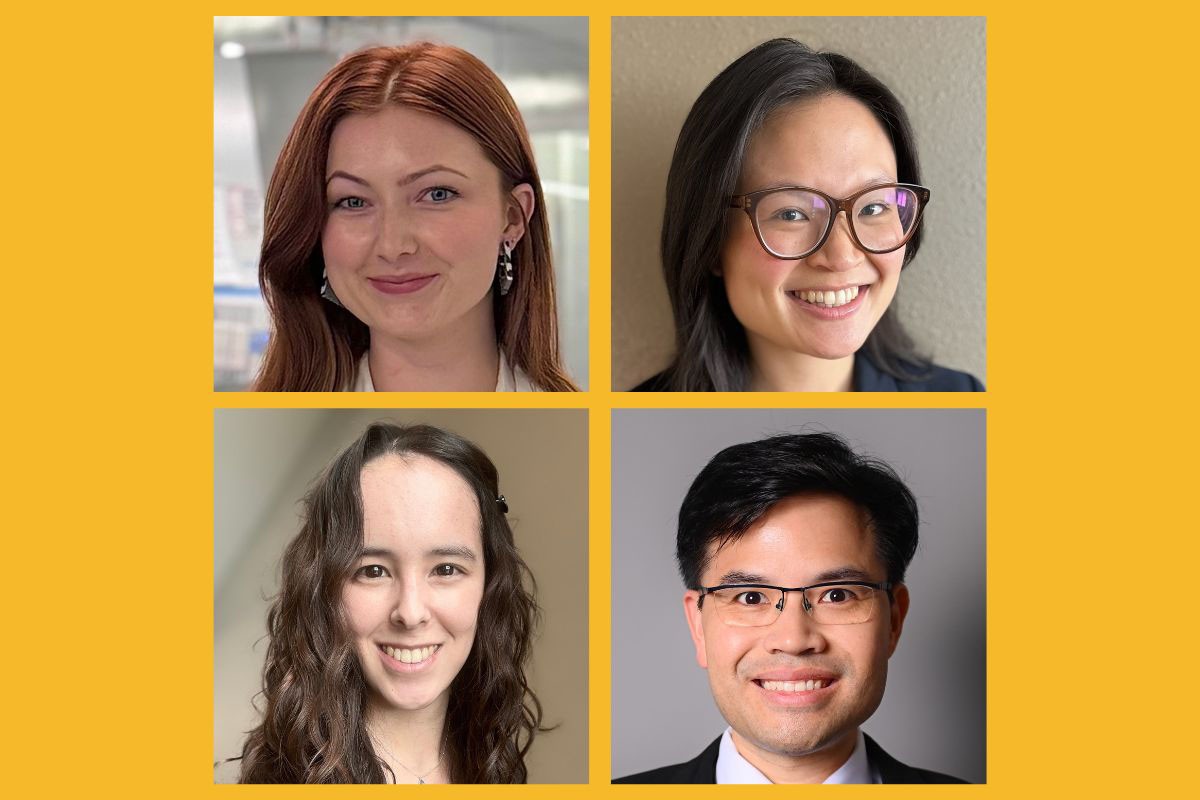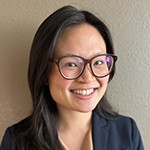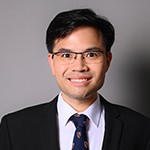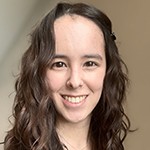This year, we asked early-career scientists and health professionals to identify a specific innovation in education or training to help ensure a sustainable, inclusive, and successful future biomedical research workforce. The winning essays are published in the July 15th issue of The Journal of Clinical Investigation.

After reading their essays, we were excited to learn more about our winners. Watch the interviews to find out who inspires them, what they think is the best part of doing research, and what they anticipate will be the next big thing in their field.

Anna Bright, Icahn School of Medicine at Mount Sinai
Anna is a fourth-year PhD student at the Icahn School of Medicine at Mount Sinai in New York. Her research focuses on myelin biology in Alzheimer’s disease, and she is passionate about improving scientific accessibility and education. She recently joined the Alzforum team as a science writer, where she reports on Alzheimer’s research. She enjoys reading, oil painting, and thrifting.
Essay: Sending Science Down Yonder
Who inspires you as a scientist?
What is your favorite part about doing research?
What are your hopes for the future of your field?

Connie Cai, Johns Hopkins University School of Medicine
Connie is a fourth-year medical student at Johns Hopkins with interests in pediatrics and the intersection of health and education. Her research during medical school has focused on chronic absenteeism and youth mental health. Originally from Madison, Wisconsin, she is a proud Packers fan. In her free time, she enjoys cooking, reading, and fostering senior dogs.
Essay: School-Based Health Centers and Inspiring the Next Generation of Biomedical Leaders
Who inspires you as a scientist?
What is your favorite part about doing research?
What do you think is next in your field?

Shen-Han Lee, School of Medical Sciences, Universiti Sains Malaysia
Shen-Han is an otorhinolaryngology-head and neck surgery resident in the Master of Medicine program at Universiti Sains Malaysia, researching large language models in head and neck cancer. During clinical training at Barts and The London School of Medicine and Dentistry, Queen Mary University of London, he completed a PhD in oncology at the Cancer Research UK Cambridge Institute, University of Cambridge, using magnetic resonance spectroscopic imaging to study tumor microenvironmental pH. He is a member of the Royal College of Surgeons of Edinburgh. He enjoys reading, racket sports, running, and family time.
Essay: Biomedical Education in the Era of Large Language Models
Who inspires you as a scientist?
What is your favorite part about doing research?
What do you think is next in your field?

Amanda N. Pinski, Washington University in St. Louis
Amanda is a PhD candidate in molecular microbiology and microbial pathogenesis at Washington University in St. Louis. Her research career began at the intersection of bioinformatics, virology, and immunology, focusing on host transcriptional and immunological responses to emerging viruses. She develops strategies and high-throughput tools to identify and describe prokaryotic viruses of the gastrointestinal tract. In her free time, she reads, writes, and bakes.
Essay: Are You Listening?
Who inspires you as a scientist?
What is your favorite part about doing research?
What do you think is next in your field?
